Inventions
Inventions can change the world in an instant. Inventions are thought of every minute but very few of them actually make it to market. In this section we'll examine amazing inventions from all throughout history.

10 Nobel Laureates Whose Work Changed the World
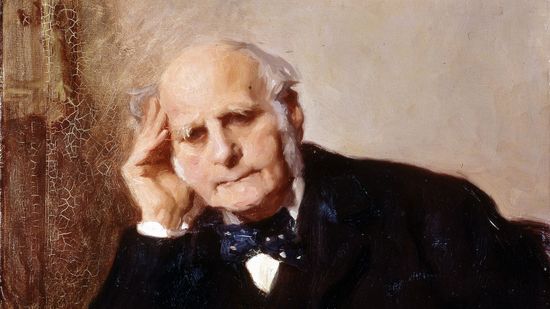
Eugenics Overshadows the Legacy of Scientific Genius Francis Galton

Jane Goodall: A Global Face for Global Peace
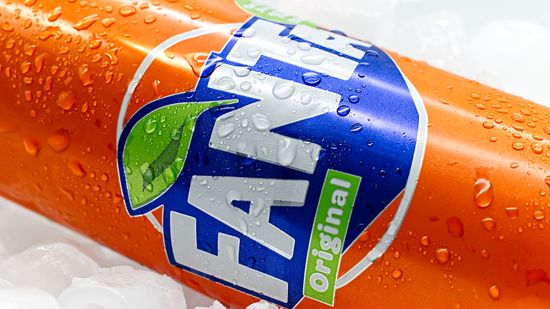
Who Made Fanta? Was It Really the Nazis' Favorite Soda?

'Mad Honey' Comes From Bees That Gather This Specific Nectar

Barrels and Barrels of Aged Beer

Who Invented the Toilet? A Brief History of the Flush

HowStuffWorks: How Porta Potties Work
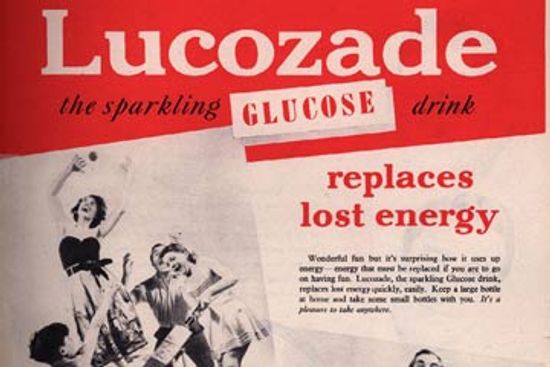
Who invented sports drinks?

Meet the Man Who Invented Cool Whip, Tang and Pop Rocks
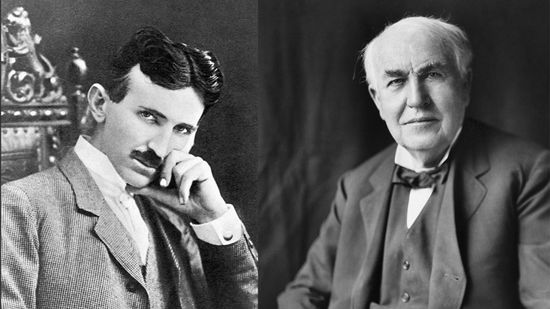
Thomas Edison vs. Nikola Tesla Quiz
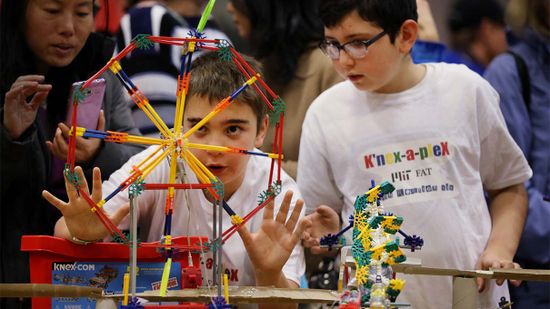
Rube Goldberg: The Man Behind the Ingenious Contraptions

5 Green NASA Inventions
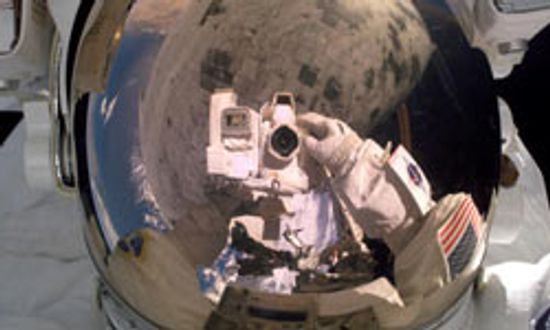
5 Types of NASA Technology in Your Attic
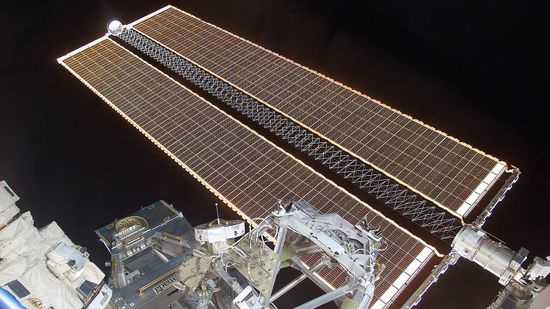
How Has NASA Improved Solar Energy?

How hard is the patent application process?

How to File a Patent
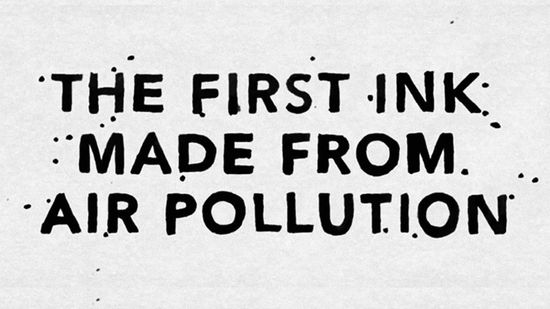
Turning Air Pollution Into Ink

10 New Uses for Old Inventions

How Do QR Codes Work? 2D Barcodes Explained

How can a bar code save your life?
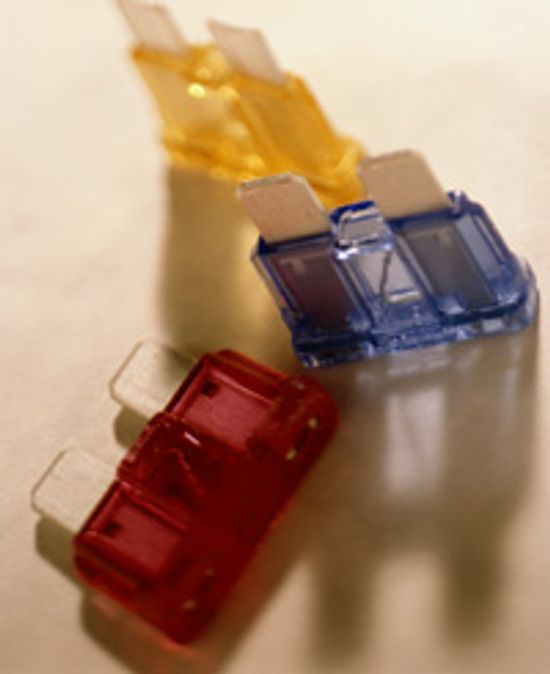
Is it possible to fix a blown fuse with a chewing gum wrapper?

How do scratch-and-sniff stickers work?

10 Oddball Questions Scientists Have Genuinely Tried to Answer

Why does a balloon stick to hair?
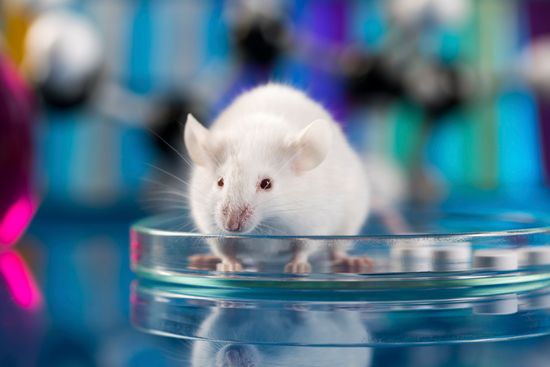
Why Do We Experiment on Mice?
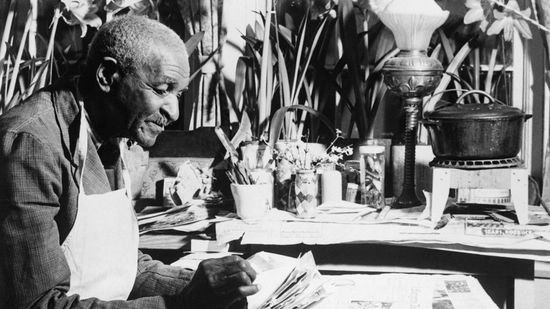
10 Black Scientists You Should Know
Learn More / Page 3
Steamships quickly replaced sails in the early 1800s. Learn more about the origins of steamships and the innovations that led to their creation.
By Yara Simón
The heyday for Morse code is primarily over, but this communication method using dots and dashes still has its place in our digital world.
By Mark Mancini
James Watt's steam engine propelled the world forward. Learn about the Watt steam engine's impact and the innovations that helped make it possible.
By Yara Simón


